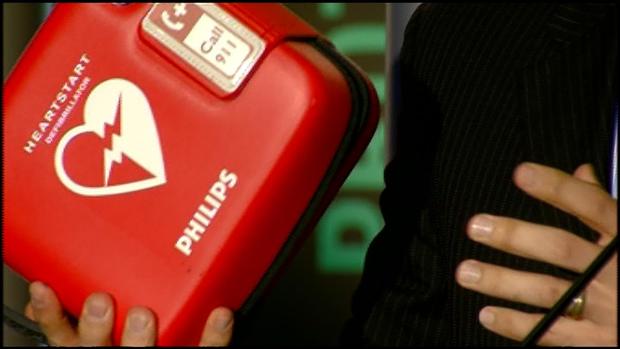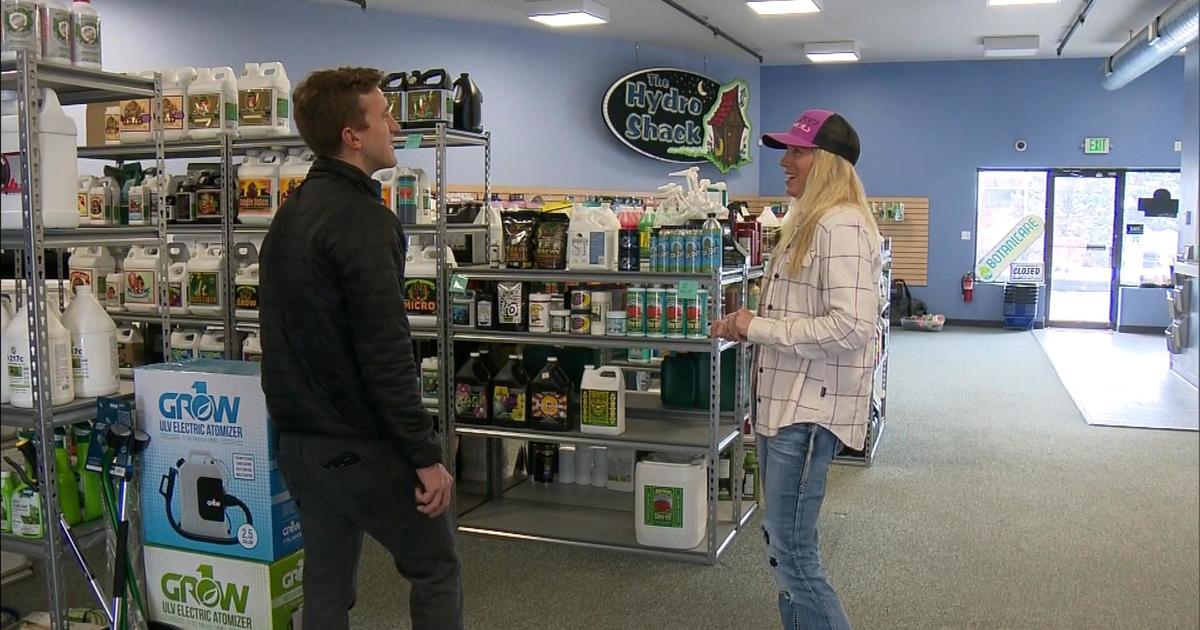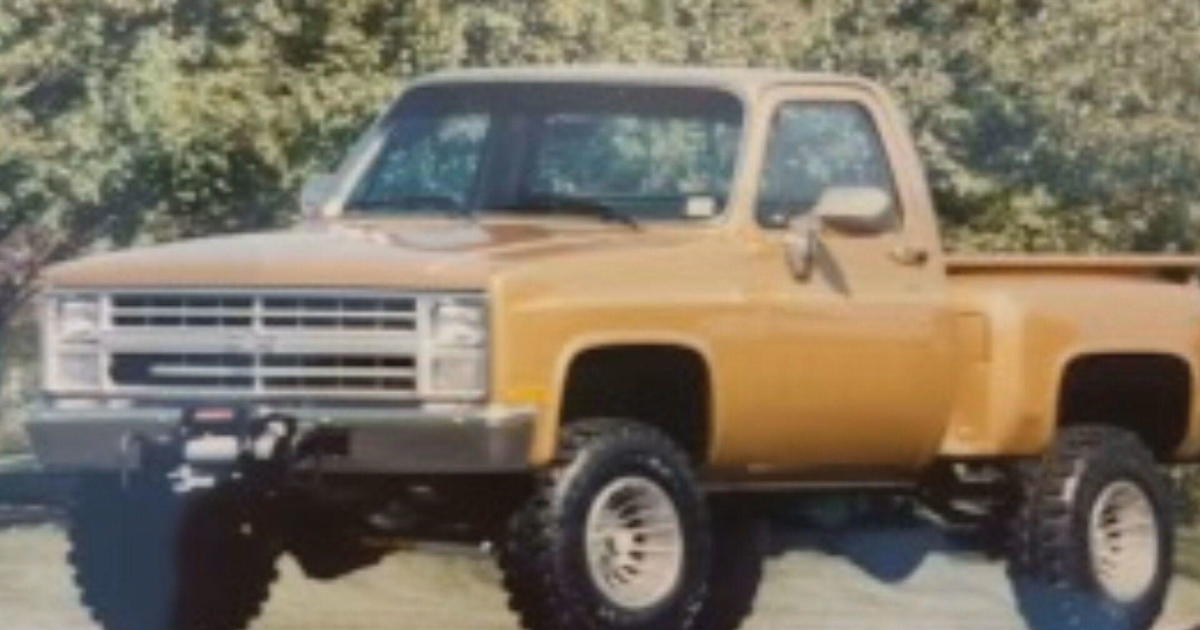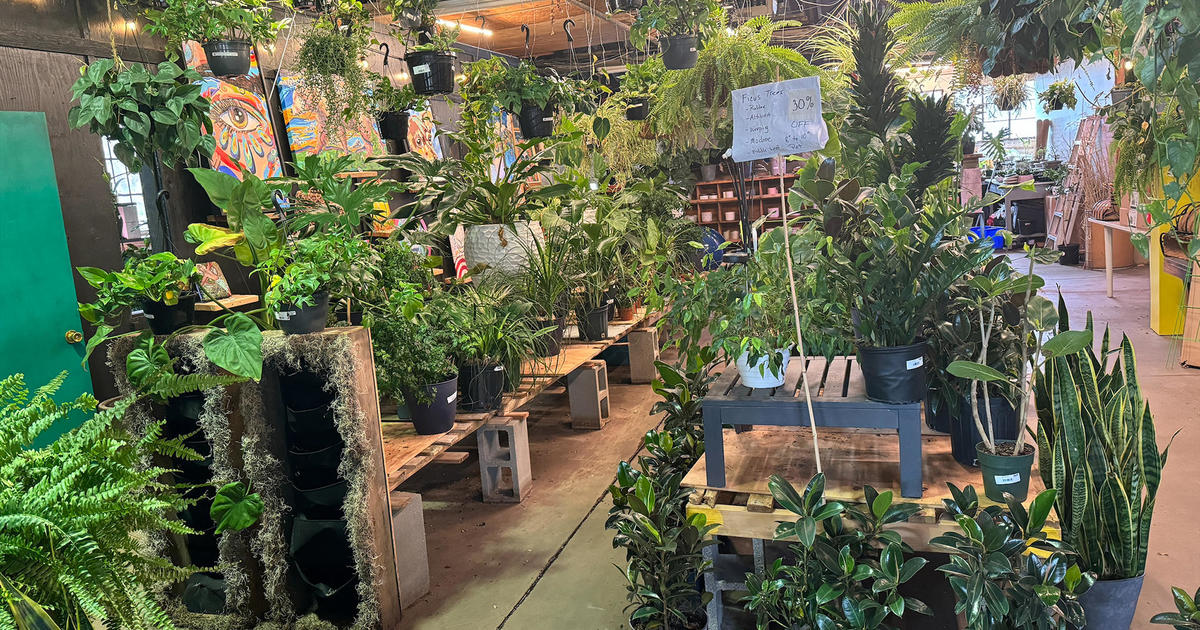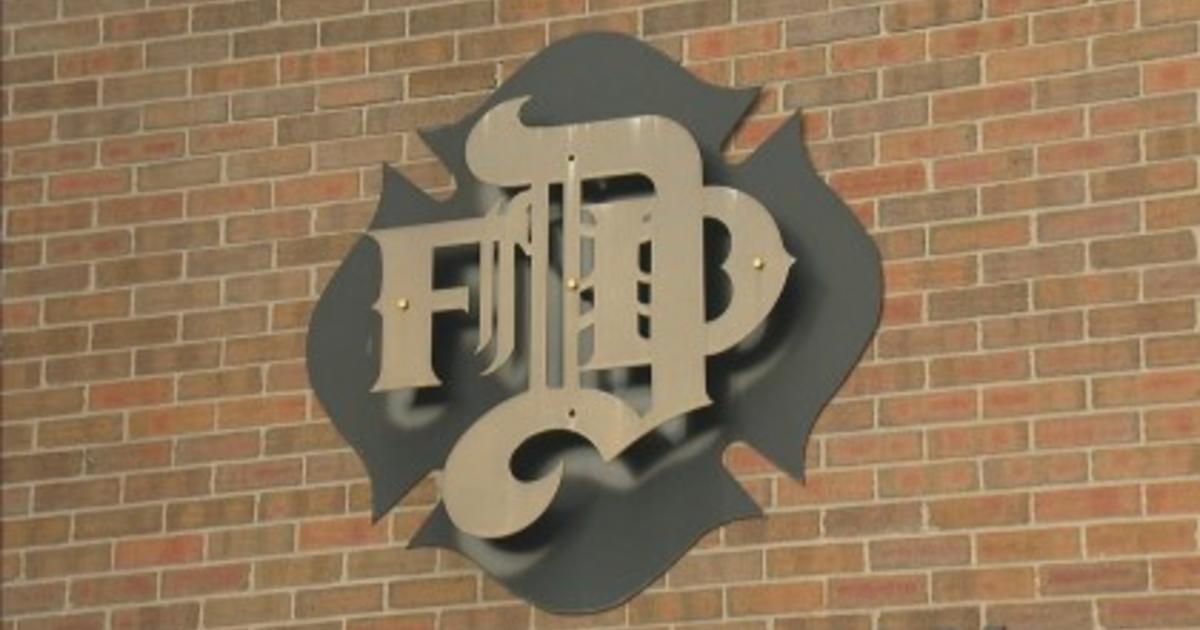Do You Know Where The Defibrillator Is At Work?
(CBS4) - Would you know what to do if a coworker keeled over from a heart attack? Do you know CPR? Do you know how to use an AED? (Do you even know what an AED, or "Automated External Defibrillator," is?)
A new study from the American Heart Association says the majority of people in the workplace would answer "No" to these questions. In fact, most people don't even know where the AED is located if there is one in the workplace.
And that's a problem, since we know that while calling 911 is always a first good step, performing CPR, or better yet, using an AED can buy valuable time until professional helps arrives.
Most heart "attacks" are actually a situation where either the heart stops beating altogether, or beats in such a rapid, chaotic rhythm that the heart can't get blood to the brain. Both can obviously be fatal unless something like CPR or an AED is used.
These days, we teach folks to do "hand-only" CPR, in other words, no mouth–to-mouth as in years past -- just rapid chest compressions.
Even better and more effective: an AED. It's a small machine that you pop off the wall, turn on and stand back as it automatically checks heart rhythm and delivers a shock to restore the heart to a more regular rhythm and rate if needed.
Most companies don't offer CPR training or have an AED in the building -- some say it's because of liability and/or cost. But there is little risk liability for good-faith first aid, and an AED costs about $1,000. Not much.
The best track record for training and equipment are schools and educational facilities. The worst tend to be restaurants and hotels (places where you would think they would be needed most). In this survey, a common line of thought was "someone will know what to do." Yet that "someone" may be looking at you to act.
LINK: redcross.org/take-a-class/cpr
Bottom line, don't be afraid to bug your employer about training and equipment (I know, easier said than done), and in the meantime, take a class on your own. Any knowledge that could save a life is good knowledge to have.
Dr. Dave Hnida is CBS4's Medical Editor. He blogs about the latest studies and trends in the health world. Read his latest blog entries, check out his bio or follow him on Twitter @drdavehnida
